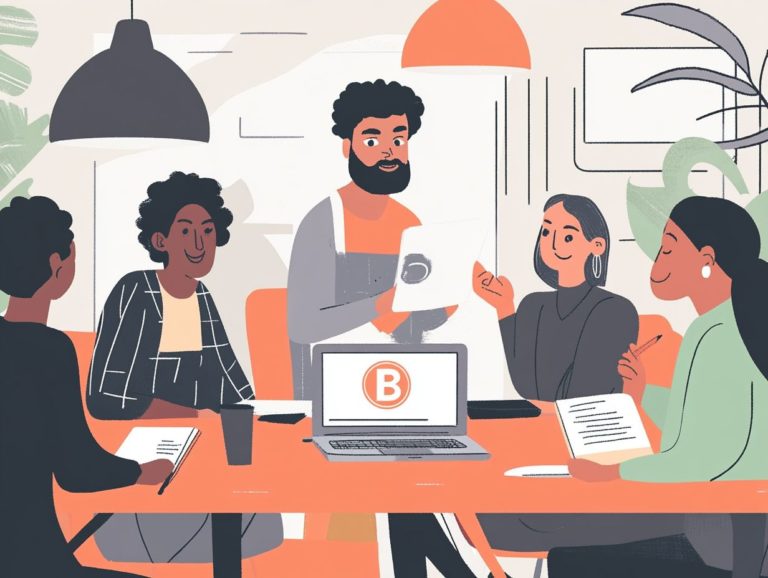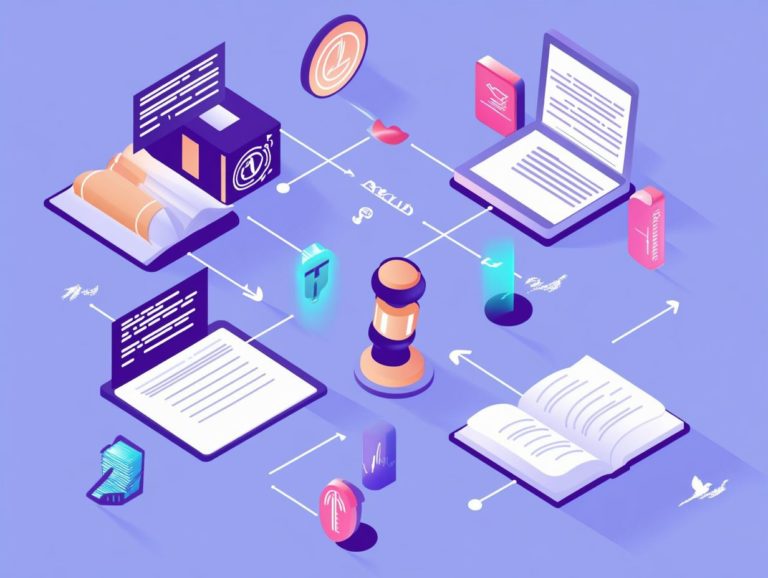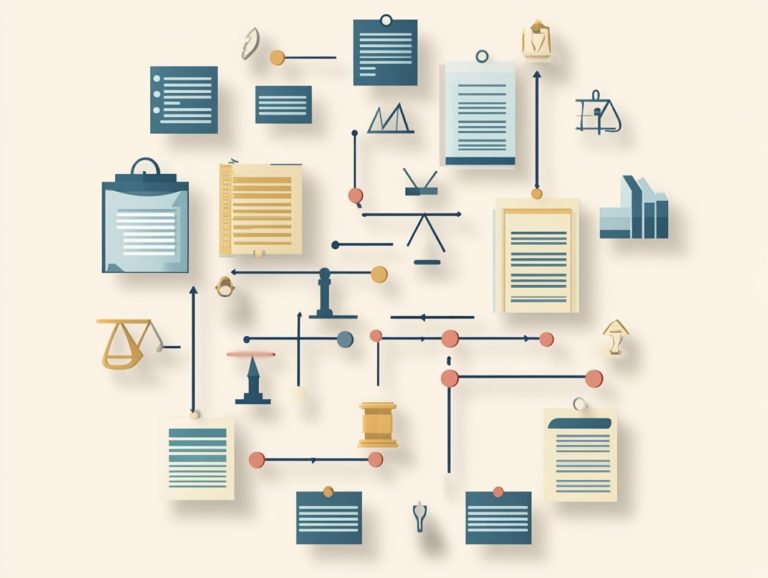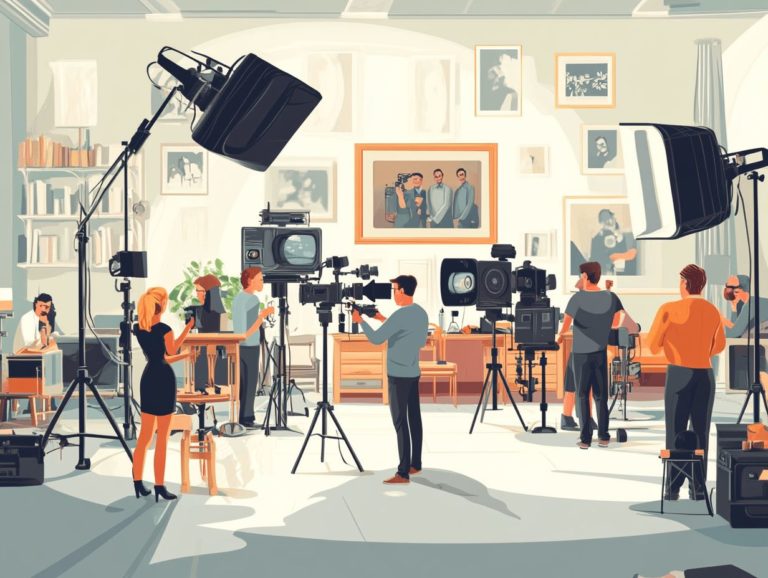Copyright Duration: How Long Does It Last?
Copyright plays a pivotal role in creative rights, safeguarding the rights of creators and shaping your interactions with various forms of art and media.
Understanding how long copyright lasts is essential for both creators and consumers. It influences everything from accessing creative works to the nuances of fair use.
This article explores copyright duration, the factors that influence it, compares laws across different countries, and discusses ways to extend it.
By the end, you’ll have a clearer understanding of copyright duration and its significant impact on creativity and innovation.
Contents
- Key Takeaways:
- Understanding Copyright Duration
- Factors that Affect Copyright Duration
- Copyright Duration in Different Countries
- Extending Copyright Duration
- Copyright Duration and Fair Use
- Frequently Asked Questions
- What Happens After Copyright Expires?
- Can Copyright Duration Be Extended?
- Are There Exceptions to Copyright Duration?
Key Takeaways:
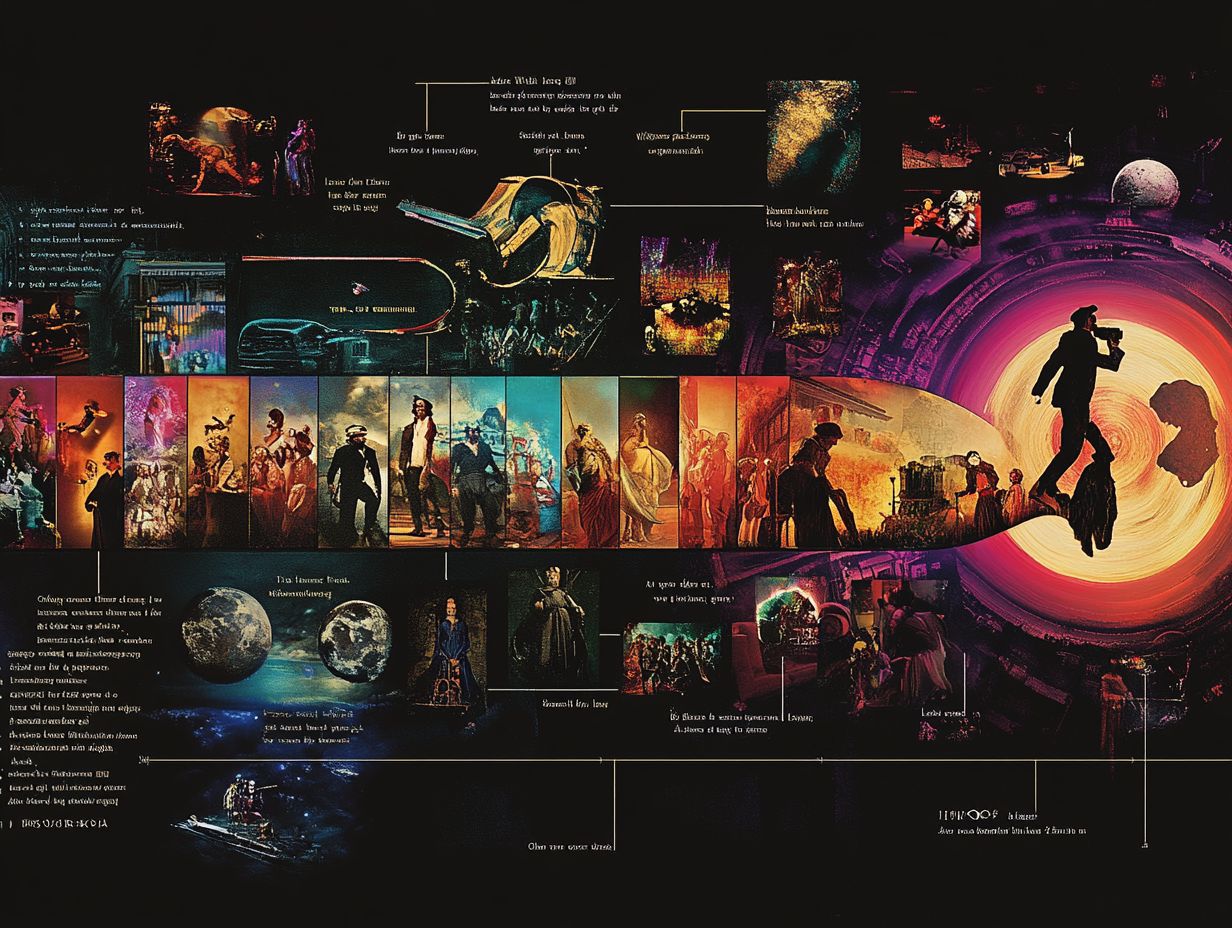
Copyright duration is the time a work is protected under copyright law. The type of work and the date of its creation are crucial for determining how long copyright protection lasts. Copyright laws differ by country, so it s important to understand the rules where the work will be used or shared.
Understanding Copyright Duration
Understanding copyright duration is essential for you as a creator or copyright holder. It outlines how long your creative works are protected under copyright law.
In the United States, this duration depends on several factors, including the type of work you’ve created and whether it has been published.
This duration determines how long you control new creations based on your work. It also dictates when your creations may eventually enter the public domain.
The complexities of copyright duration are governed by laws like the 1909 Copyright Act and the 1976 Copyright Act.
Definition and Importance of Copyright Duration
Copyright duration refers to the period during which you, as a copyright holder, enjoy exclusive rights to your creative works. This duration significantly impacts your life and the distribution of creative rights.
Knowing how long you can benefit financially and artistically from your contributions is essential. By understanding these timelines, you can make informed decisions about your works, whether it’s licensing them or exploring collaborations.
As time goes on, the exclusive rights granted during your lifetime eventually shift, leading to broader public access. This change opens new opportunities for making money and adds to our cultural treasures.
It allows future generations to build upon existing works, fostering creativity and innovation in the arts.
Factors that Affect Copyright Duration
Several factors influence how long copyright lasts, including the nature of the work itself, the date it was created, and conditions like the first publication.
These elements determine the length of copyright protections that safeguard your creative efforts.
Type of Work and Date of Creation
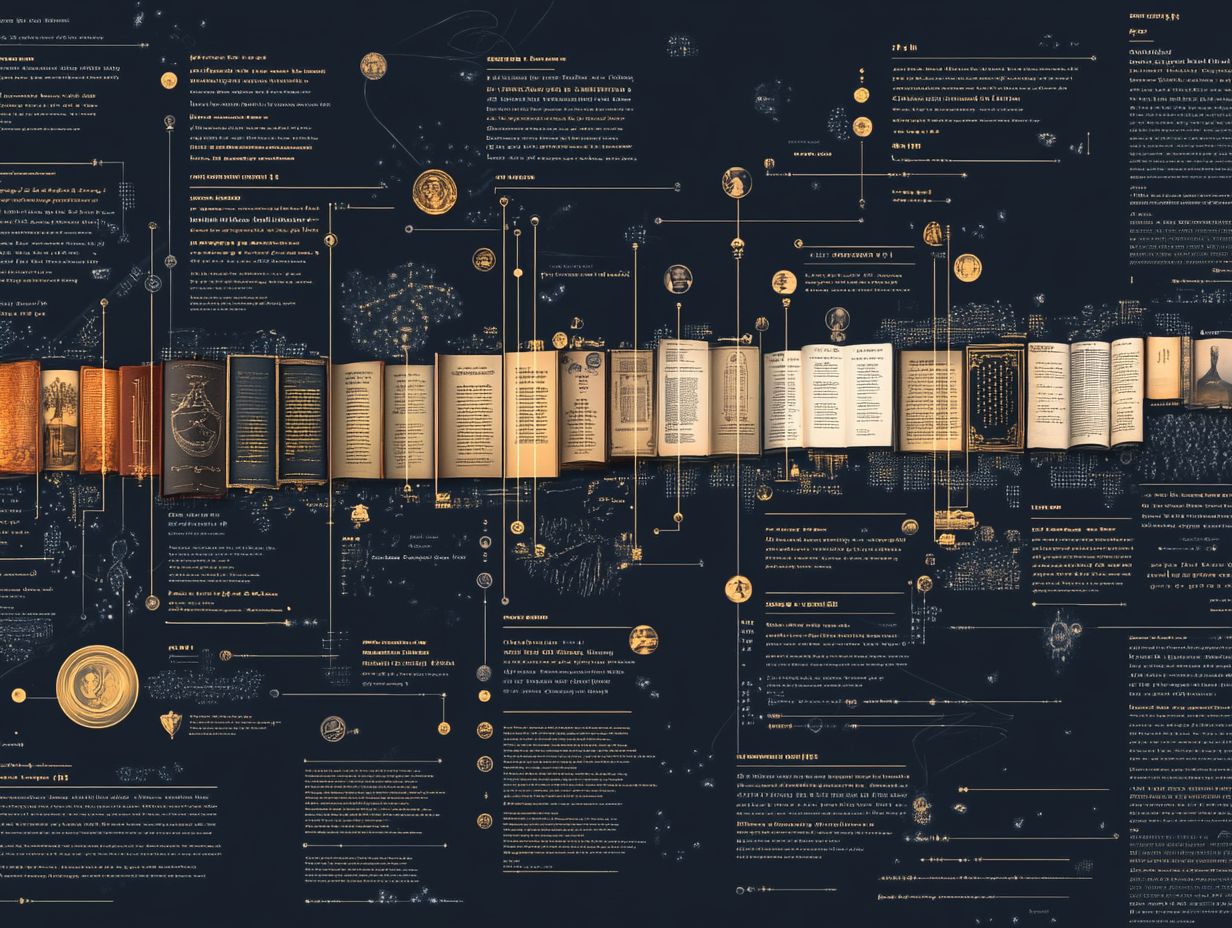
The type of work and its creation date are crucial in determining the copyright term. Various categories have differing durations based on whether they are registered or not.
For instance, literary works typically enjoy copyright protection for 70 years after the author’s death. In contrast, artworks may have a similar duration, but if from a corporate entity, the copyright lasts only 95 years from the date of publication.
The registration date significantly influences these timelines. Registered works often receive enhanced legal protections and may have their durations adjusted in light of changes in copyright law.
For example, a novel written in 1980 that is registered would see its copyright expire in 2050. A painting created in 1975 under the same registration rules may follow similar dates, depending on publication specifics.
Copyright Duration in Different Countries
Copyright duration varies greatly from one country to another. This variance is shaped by the specifics of each nation s copyright legislation and their commitment to international treaties governing creative work protections.
Understanding these differences is crucial for creators and consumers alike, as it affects how works are used and shared globally.
Comparison of Duration Laws
A comparison of copyright duration laws reveals how countries adapt their frameworks based on domestic regulations and international treaties.
Take the United States, for example: published works typically enjoy a strong protection period of 95 years from their release, while unpublished works are protected for the life of the author plus an additional 70 years.
In contrast, Mexico offers an impressive copyright lifespan that extends for the creator’s lifetime plus 100 years.
Then there s Russia, where copyright lasts for 70 years after the author s death for certain works. These examples highlight the significant influence national regulations have over creators’ rights, showcasing the varying degrees of protection available worldwide.
Extending Copyright Duration
Extending copyright duration requires an understanding of the processes involved in renewing copyright protection.
This is determined by rules set by the law, including recent changes enacted by Congress.
Renewing and Extending Copyright Protection

Renewing and extending copyright protection is vital for copyright holders to preserve their rights over creative works. This process requires careful attention to the renewal period set by the U.S. Copyright Office.
To ensure your work remains protected, start by checking its eligibility for renewal, which generally occurs after the initial term of 28 years. You need to file the appropriate forms, such as the Application for Renewal of Copyright, along with the necessary fee.
You can usually submit renewals anytime within the last year of the current term. Remember, neglecting to renew can lead to losing your exclusive rights, leaving your work open for others to use without permission. Missing a renewal could seriously hurt your income!
Don t wait until the last minute renew your copyright to protect your rights!
Copyright Duration and Fair Use
The relationship between copyright duration and fair use is complex. The length of copyright protection significantly influences the ability of others to engage with creative works under fair use provisions.
Understanding this dynamic is essential for navigating the nuances of intellectual property rights.
How Copyright Duration Affects Fair Use
Copyright duration impacts fair use significantly; the longer a work remains protected, the more restrictive the terms become for others seeking to utilize it without permission.
Imagine a popular song that stays under copyright for an extended period; this can stifle musicians who wish to sample it, limiting their creative expressions and potential for innovative mashups.
Conversely, works that have entered the public domain, like classic literature or older films, can be freely adapted, paving the way for fresh interpretations and new artistic endeavors.
This contrast highlights how the lifespan of copyright influences not just individual creators but also the broader cultural dialogue. When protections last too long, they can hinder innovation, favoring corporate control over creative assets rather than fostering a vibrant, evolving artistic landscape.
Frequently Asked Questions
What is the duration of copyright protection?
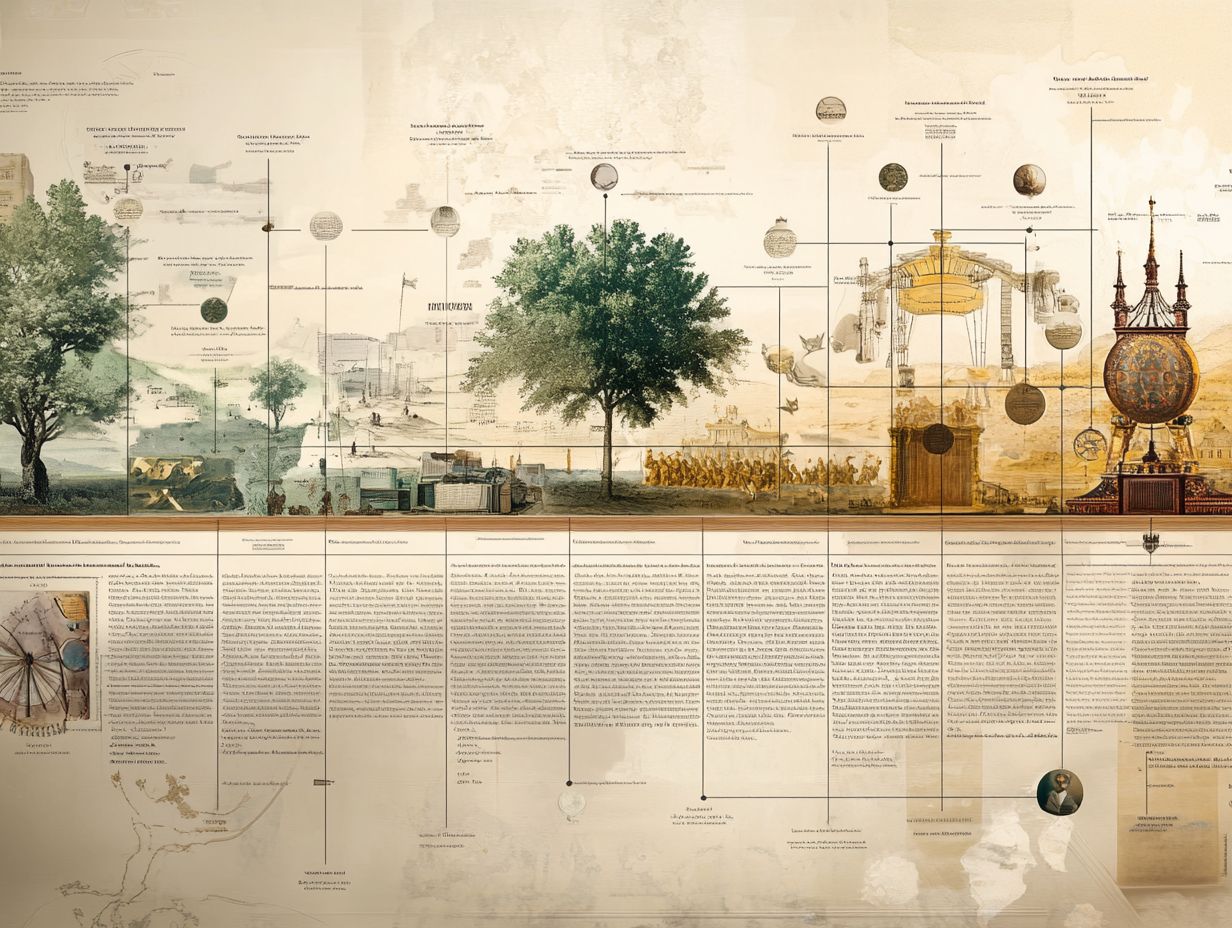
The duration of copyright protection varies based on the type of work and the country where it is created. In most countries, copyright lasts for the life of the author plus an additional 50-70 years after their death.
Do different types of works have different copyright durations?
Yes, the duration of copyright protection can vary for different types of works. For example, in the United States, copyright duration for works created on or after January 1, 1978, is the life of the author plus 70 years, while for works created before that date, it is 95 years from the date of publication.
Do published and unpublished works have different copyright durations?
Yes, copyright duration may differ for published and unpublished works. In most countries, unpublished works have a longer copyright duration, usually lasting for the life of the author plus 50-70 years after their death.
What Happens After Copyright Expires?
When copyright expires, the work enters the public domain. It can be used freely by anyone, without permission or payment.
Can Copyright Duration Be Extended?
Yes, copyright duration can sometimes be extended. This usually occurs if a company owns the copyright and requires specific permissions.
Are There Exceptions to Copyright Duration?
Yes, exceptions exist. Some countries may impose shorter durations for government works or anonymous authors.
Also, certain works like sound recordings may have different rules compared to other creative works.

